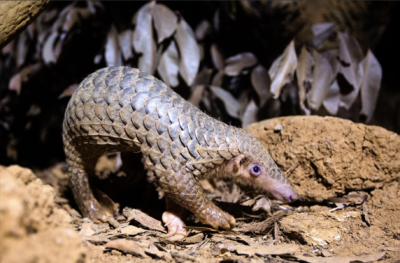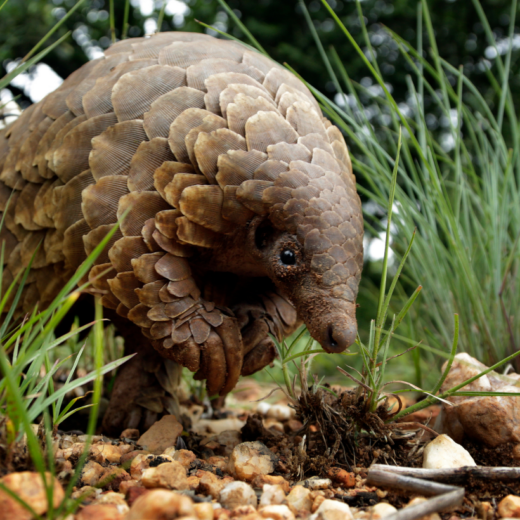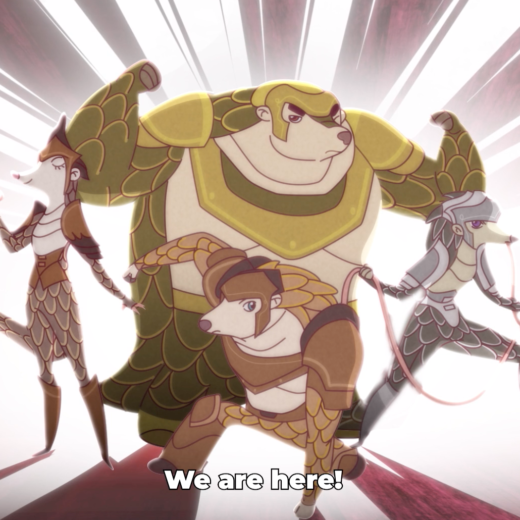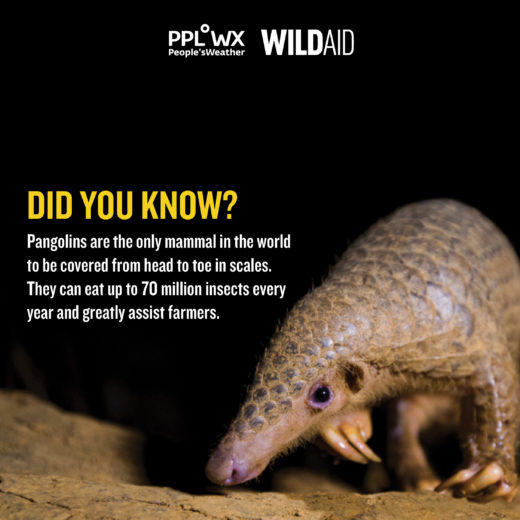
With the first case of the novel coronavirus confirmed in Nigeria and significant concerns about the impact of the virus spreading through Sub Saharan Africa, international conservation organization WildAid urges African nations, especially in West and Central Africa, to heed the warnings of both the new coronavirus and SARS by joining China in closing down live wildlife markets and cracking down on risky bushmeat trade to prevent another disease outbreak.
“The coronavirus outbreak highlights the massive risk of wildlife markets and consumption,” said WildAid Africa Program Director Lindlyn Moma. “While some communities in Africa might consume wildlife as part of their diet, commercializing the trade, mixing species together and bringing live animals into densely populated urban areas greatly increases the risk of a pandemic. China is now taking the right steps by closing markets, increasing penalties, strengthening enforcement and improving public education to dissuade wild meat consumption. Ideally, Africa will close the door before the horse has bolted.”
As Africa’s population is set to double by 2050 to 2.2 billion, urban areas will face many of the same public health risks as Chinese, Indonesian or Philippine cities where live animal markets are common. With unsanitary and stressful conditions that often involve mixing of species, the wildlife trade creates ideal conditions for cross-species transmission from the original host to an intermediate species to humans. Pangolins, in particular, have potential to be an intermediate host for a virus due to the nature of the multinational illegal trade, the sheer number of pangolins being traded, and the animal’s low threshold for stress. Similarly, since primates are often part of the wildlife trade and are closely related to human beings, the cross-species disease transmission risks are high, particularly in West and Central African countries.
Some countries have already begun to transition away from wildlife hunting, such as Cameroon switching to intensive cocoa farming, or have revised their wildlife crime laws to enact stricter penalties. Last year, Ugandan President Yoweri Museveni signed into law a new wildlife act that includes penalties of up to life imprisonment and/ or fines up to the equivalent of US $5.4 million for certain wildlife crimes. Most recently in Uganda, two first-time offenders were sentenced to 10 years imprisonment each for poaching hippos.
While some countries have already acted others lag dangerously behind. In Nigeria, the penalty for hunting or selling a pangolin is only $2.70 for a first-time offense. This is highly inadequate as a deterrent measure, especially as Nigeria has become a regional hub for illegal exports of pangolin scales to East Asia. Between 2017-19 an estimated 77 tonnes of pangolin scales were seized in shipments originating in Nigeria. This represents up to 214,000 pangolins.
WildAid recently traveled to Nigeria with Benin-born actor Djimon Hounsou to investigate wildlife markets and rescue endangered pangolins. They found live pangolins, snakes, and crocodiles openly for sale next to various kinds of bushmeat in highly unsanitary conditions, just a short drive outside of Lagos.
“Africa needs to heed the lessons from China and close down these wildlife markets immediately,” said WildAid ambassador and Academy Award-nominee Hounsou. “As well as posing a massive risk to public health, they endanger species and are inhumane.”
WildAid works to increase public support for wildlife conservation in African range countries, including Tanzania, Uganda, Kenya, Zimbabwe, Mozambique, Gabon, and South Africa. Through our “Poaching Steals From Us All” campaign, we work with influencers to highlight economic losses from poaching and make conservation a matter of pride and aspiration for everyone in Africa.
Stay in touch and get the latest WildAid updates.
SIGN UP



